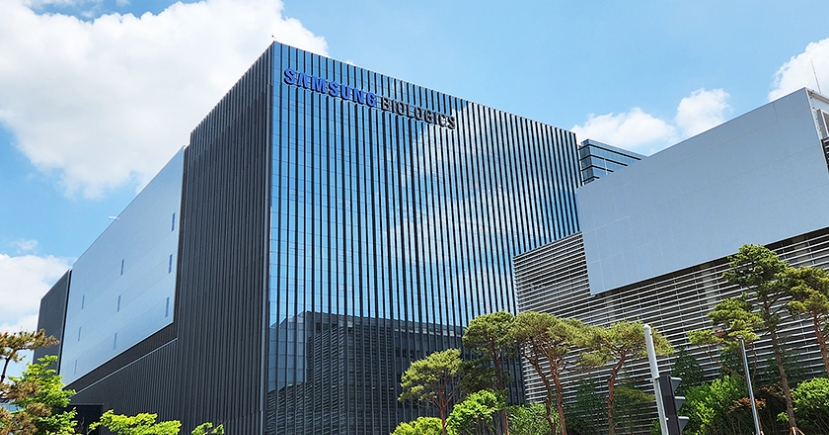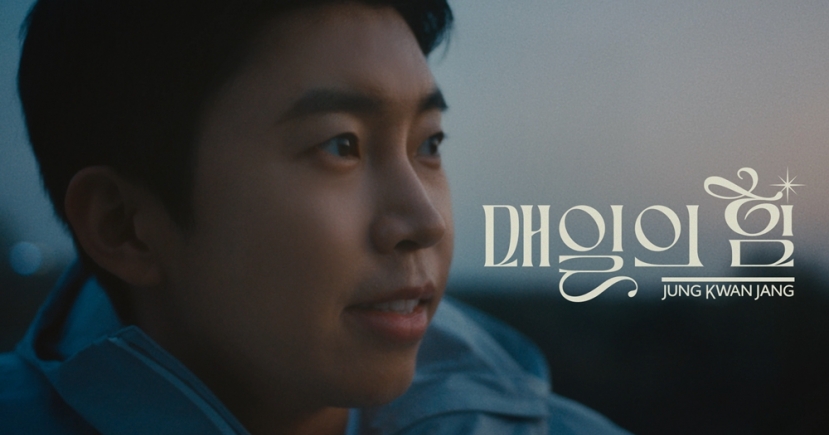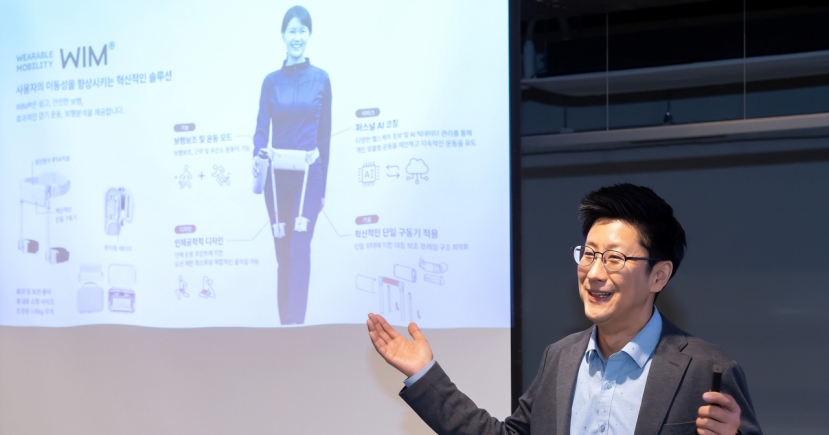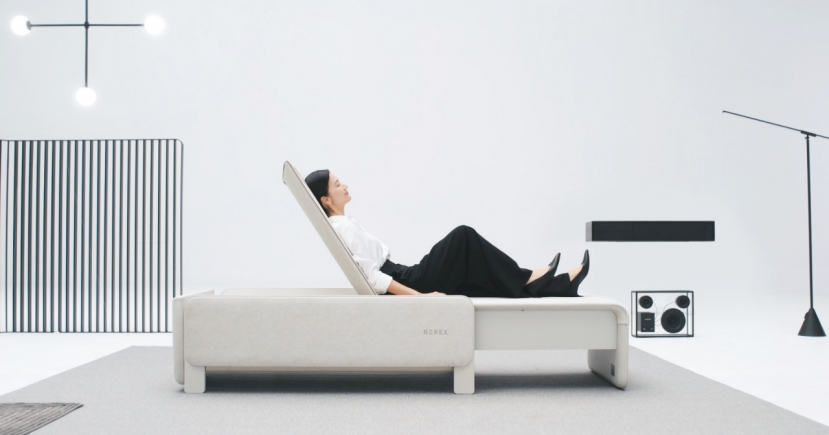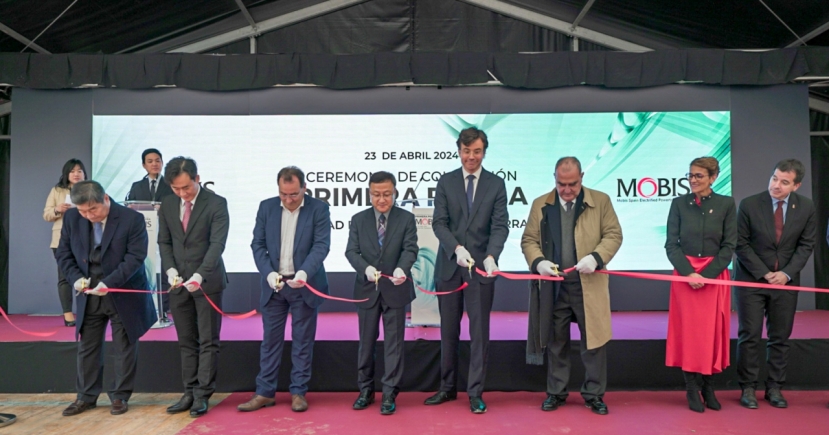Retail & Consumer
Caffeine shampoo enters Korean market
[THE INVESTOR] Alpecin, a German shampoo brand that uses caffeine to reduce the effects of hair loss, has officially entered the Korean market.
At a press conference on March 23, Alpecin Korea Business Development Manager Yoo Min-jung said that although Korea has a large market for hair loss products, there is low awareness about the positive effects of caffeine on hair growth.
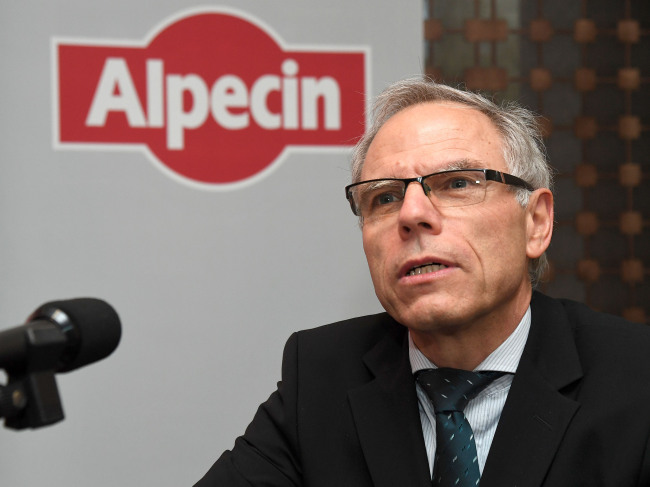 |
Dr. Adolf Klenk, head of research and development at Dr. Wolff. Alpecin. |
Citing a study conducted jointly with Nielsen Research, Yoo said that “although 85 percent of surveyed men answered that they were concerned with hair loss, just 9 percent knew that caffeine could have a positive effect.”
According to Dr. Adolf Klenk, who heads up Alpecin‘s research and development, caffeine helps to prevent hair loss by strengthening the hair follicles similar to the way the brain enhances other physiological qualities.
”In Germany, we call it ’doping for the hair,‘“ Klenk said.
”We have shown through our research that caffeine helps to regulate the proteins that control the hair’s growth cycle. Caffeine enhances the growing aspect of the cycle and represses the ending part, while testosterone does the opposite.“
Caffeine‘s effects on helping to reduce the hair loss effects of testosterone has led the company to target its products for men and menopausal women, whose hormonal states lead to loss of hair.
Dr. Wolff, the company that produces Alpecin, has had a presence in the Korean market for the past eight years distributing through Hanall Biopharma. This year, the company decided to directly supply to the market through a new distributor, DKHS.
“Through our research, we found that Korea currently has about 10 million people who suffer from hair loss and that number is growing,” said Yoo. “We wanted to compete directly here as an imported brand.”
She said that by the end of 2017, the company hopes to make 1.6 billion won of sales in Korea.
Korea has potential for Alpecin, the company said, citing 47 percent of men surveyed in the Nielsen study who said they were concerned with hair loss, and mainly chose shampoo as their first line of defense against the condition.
The hair loss product market was worth 4 trillion won ($3.57 billion) last year, according to industry estimates.
Unlike many other hair loss products, Alpecin markets itself as a preventative measure for hair loss. According to Valery von Waldow, the regional marketing manager for Dr. Wolff, the main target demographic for Alpecin in Korea are men around the age of 25.
”Unfortunately, we cannot regrow any hair. We are a cosmetic, we are not a drug. So we are capable of prevention, but once it‘s gone, it’s gone,“ she said. To target this group, Alpecin plans to release a sports-themed shampoo for younger men this year.
Asia is the next big push for the company, which already holds a 47 percent market share in the male hair loss product category in its native Germany, according to von Waldow. The company’s general manager relocated to the company‘s Singapore office last year to better focus on the Asia region.
Although the shampoos are currently registered as cosmetic products, Klenk said that its effects were comparable to pharmaceutical products.
“We completed the comparison study last year, and the result was that we are comparable in effect,” he said.
By Won Ho-jung/The Korea Herald (hjwon@heraldcorp.com)


![[From the Scene] KG Mobility poised to take next leap](http://res.heraldm.com/phpwas/restmb_idxmake.php?idx=151&simg=/content/image/2024/04/24/20240424050621_0.jpg)
